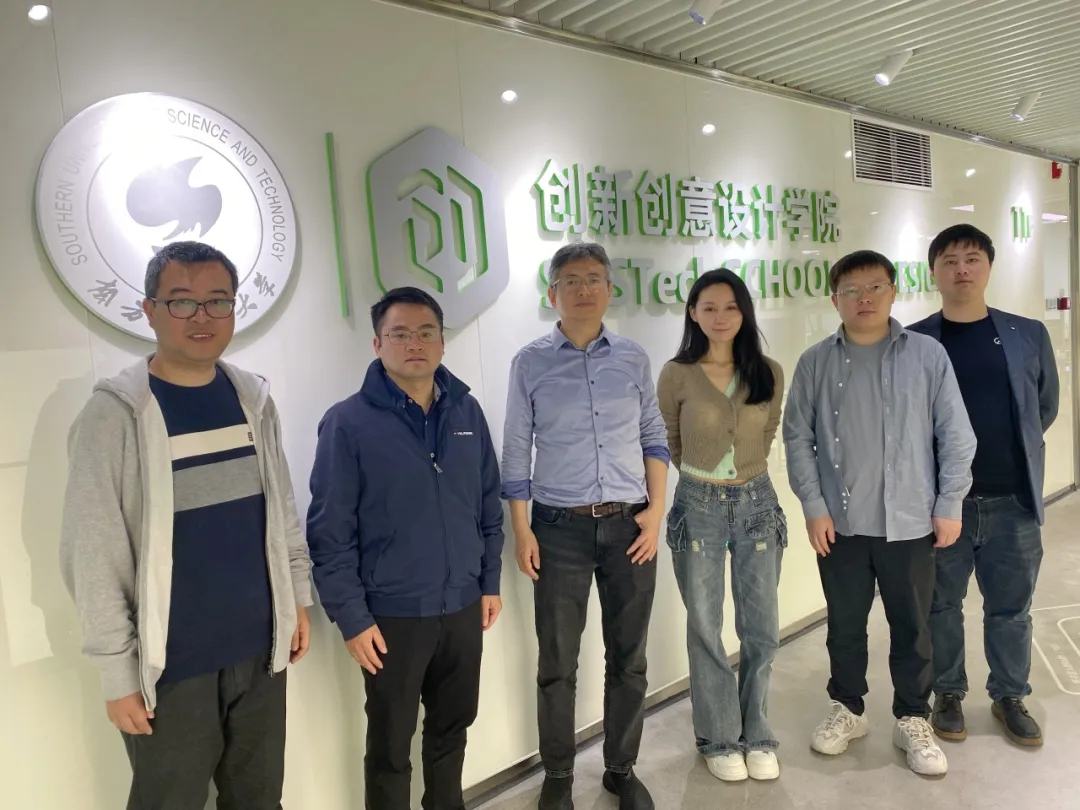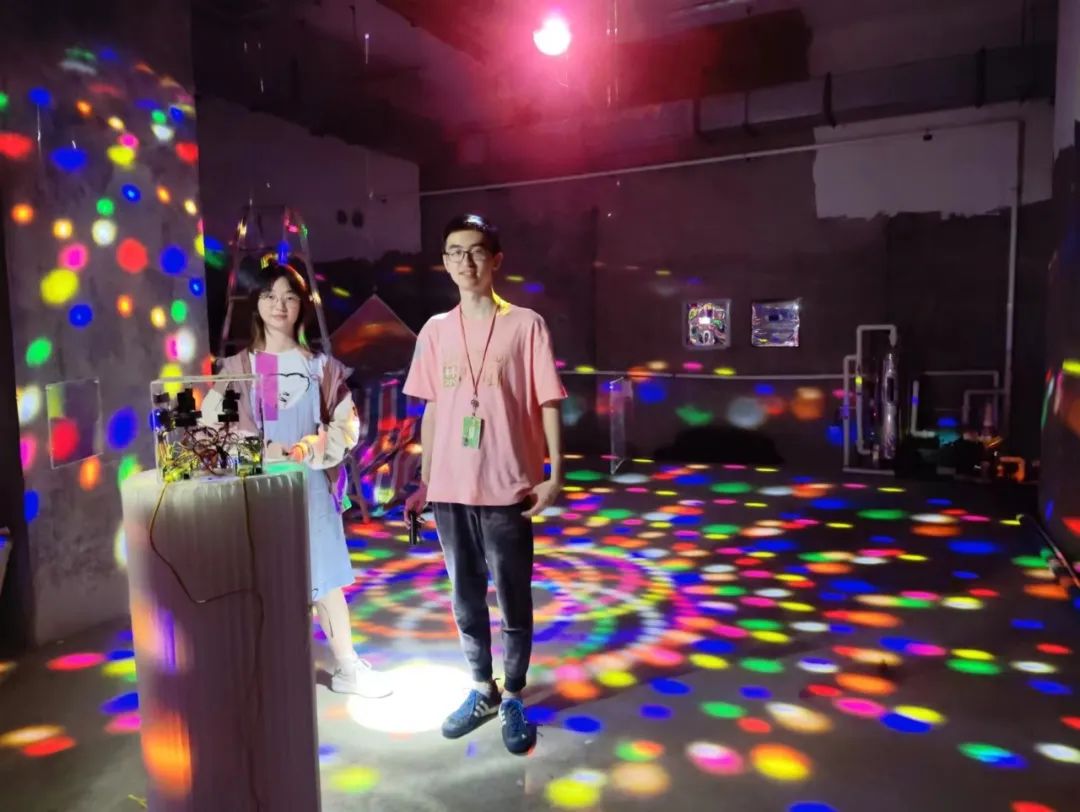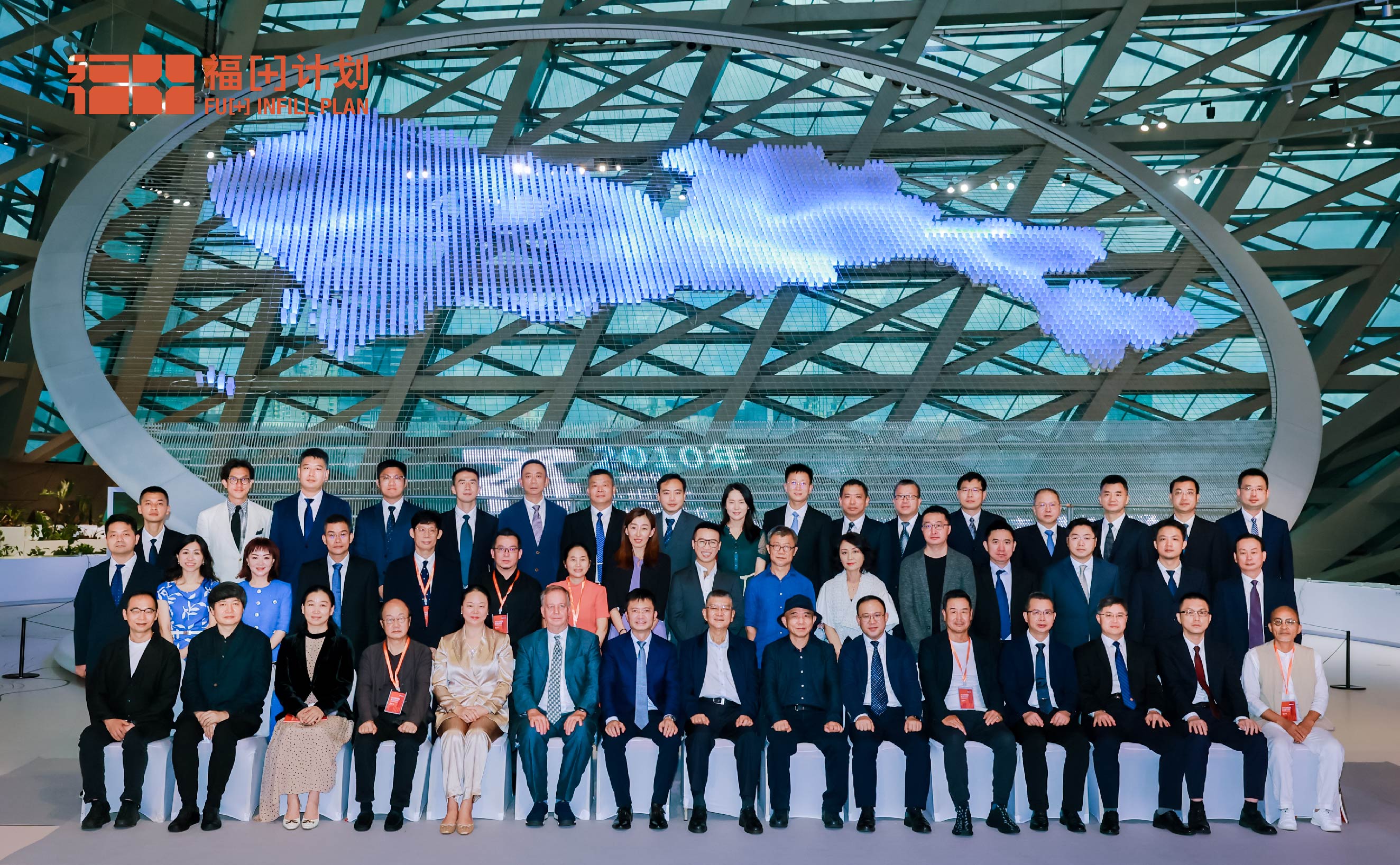Apr 12. 2022 - Latest News
The past two years have seen the great changes in our lives and lifestyles brought forth by the pandemic, and therefore, accommodation and space become a topic we have to focus on and review. Younger generations have more needs for the space they live, for example, better living quality and the sharing of public space. It is a question how to satisfy these needs through space design. The live Symposium on New Era of Living took place online from April 12th to 14th to discuss these relevant topics, during which Prof. Tom KVAN, the founding dean of the School of Design, was invited to deliver a keynote speech at the session on April 12th.

In the speech themed “On the storage of warm bodies - ethical aspects of designing student accommodation”, KVAN reflected on the current situations of student accommodation at universities and suggested that accommodations should not only be “the storage of warm bodies”. He said that students’ living environment would affect their choices of universities, learning effect and future development and even their choices of future living environment. Hence, factors including sustainability and social communication should be considered in the design of student accommodation to enable students have more sense of belonging and engagement, thus, to support their growth.

Then in the discussion of codes and regulations, KVAN shared the education code of practice of New Zealand with the audience, in which it is specified that student accommodation should support the wellbeing of students and developers and designers of student accommodation should undertake this responsibility.

“What students need is not only a place where they can sleep, but also a space where they can communicate, share and develop”, KVAN used the student accommodation at the Melbourne University to illustrate how the student accommodation turns into a community where students can communicate and eat in a shared space.

In conclusion, KVAN said that we need to consider one’s life when designing the student accommodation, and in particular, four-year university lives are not only part of education but part of life. The shared space of student accommodation represents a start of future co-living, and we are responsible for helping young people develop social skills, inspiring them to be more vibrant and imaginative and supporting them to be more active in the future co-living through design.
The session on April 12th also invited Winy MAAS, co-founder of MVRDV, Doreen Heng LIU, founder of NODE, and Richard YUE, CEO of ARCH Capital, to deliver the keynote speeches revolving around the future of living, how to realize co-living and the living mode in the new era.
MASS suggested that we need to take social, technological, and ecological perspectives into consideration and emphasize the keyword of green to provide a sense of space and natural closeness for people. LIU situated in the context of Guangdong-Hong Kong-Macao Greater Bay Area and proposed that the foundation of future co-living lies in how each city combines its own history, industries and ecology to purse balanced and harmonious development. She also indicated that the city space is the combination of engineering, social and aesthetic natures, where the possibility of co-living is explored through a series of contextualized and economical practice. YUE analyzed the characteristics of younger generations, such as affection for sharing and new things, and suggested that co-living can be a good model for the resource allocation with the ultimate goal of building a community.
Through the wonderful sharing by speakers, it is hoped that more practitioners and researchers are encouraged to focus on the living and development of younger generations, study the future trend of life and types of accommodation in the new era, and eventually provide better living space for the next generation.

Feb 28. 2025 - Latest News

May 14. 2023 - Latest News

Aug 20. 2022 - Latest News